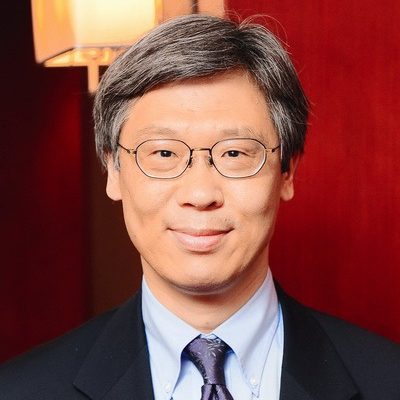
Research interests: modern and contemporary Chinese literature, late Qing fiction and drama; comparative literary theory; colonial and modern Taiwanese fiction, and Asian American and diasporic literature; Chinese intellectuals and artists in the mid-20th century
David Der-wei Wang holds a joint appointment in the Department of East Asian Languages and Civilizations and the Department of Comparative Literature. He is Director of the CCK Foundation Inter-University Center for Sinological Studies, and Academician, Academia Sinica. His research interests include modern and contemporary Chinese literature, late Qing fiction and drama; comparative literary theory; colonial and modern Taiwanese fiction, and Asian American and diasporic literature; plus Chinese intellectuals and artists in the mid-20th century.
Professor Wang took his B.A. in foreign languages and literature from National Taiwan University, and his M.A. (1978) and Ph.D. (1982) in Comparative Literature from the University of Wisconsin at Madison. Wang taught at National Taiwan University (1982-1986) and Columbia University (1990-2004). He first came to Harvard in 1986, serving as Assistant Professor of Chinese for four years. He rejoined the Harvard faculty in 2004, when he was named Edward C. Henderson Professor of East Asian Languages and Cultures. Wang’s recent publications include Taiwan under Japanese Colonial Rule (co-ed. with Ping-hui Liao, 2007), Globalizing Chinese Literature (co-ed. with Jin Tsu, 2010), and The Lyrical in Epic Time: Modern Chinese Intellectuals and Artists through the 1949 Crisis (2014). He is Editor of Harvard New Literary History of Modern China (forthcoming, 2017). Wang received the Changjiang Scholar Award in the PRC in 2008. He was the 2013-14 Humanitas Visiting Professor of Chinese Studies at CRASSH, the Centre for Research in the Arts, Social Sciences and Humanities, at Cambridge University (U.K.), where he gave a series of three public lectures on the ‘Chineseness’ of Chinese literature.
Chinese Name: 王德威